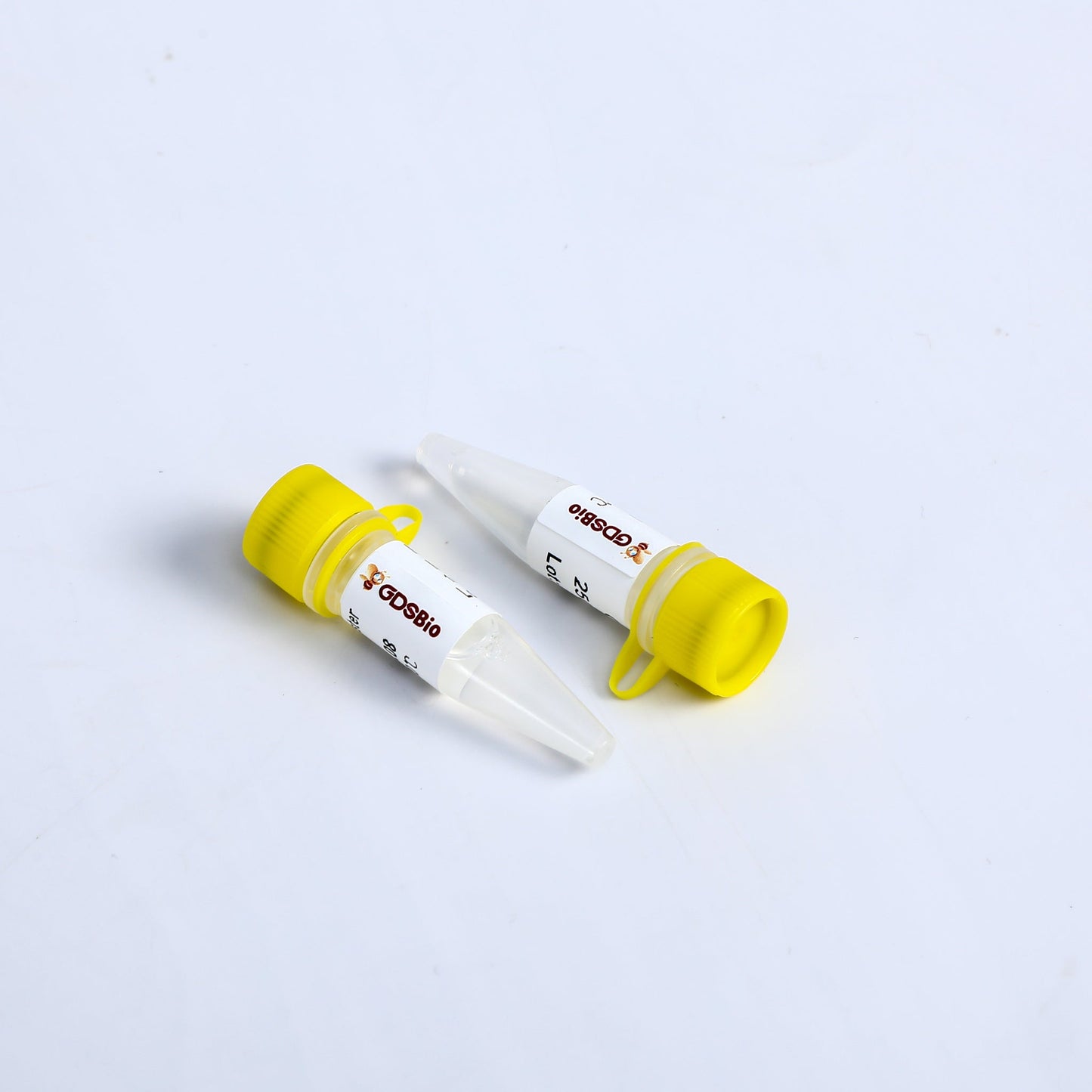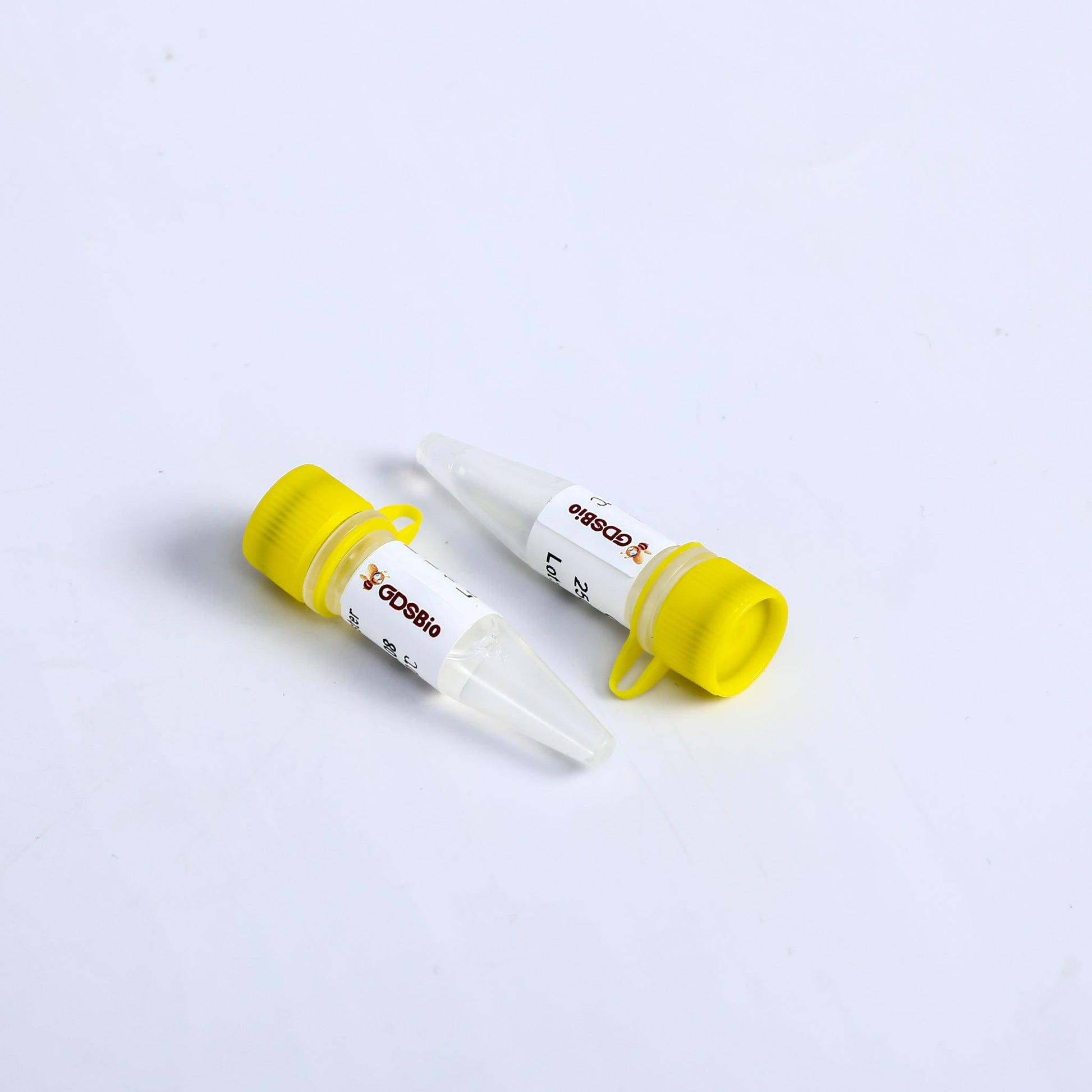GDSBIO
Thermosensitive Alkaline Phosphatase
Thermosensitive Alkaline Phosphatase
Couldn't load pickup availability
Concentration: 1 U/µL
Thermosensitive Alkaline Phosphatase is a novel alkaline phosphatase that exhibits activity in commonly used restriction endonuclease buffers as well as PCR buffers. This enzyme catalyzes the release of 5' and 3' phosphate groups in DNA, RNA, and nucleotides. Additionally, it can remove phosphate groups from proteins. Thermosensitive Alkaline Phosphatase is capable of dephosphorylating all types of DNA termini within 10 minutes at 37°C. The enzyme is inactivated by heat at 75°C within 5 minutes. Consequently, there is no need to remove the alkaline phosphatase before ligation.
Source
Recombinant E. coli strain containing the alkaline phosphatase gene cloned from bacteria.
Unit Definition
One unit is defined as the amount of enzyme required to dephosphorylate the 5'-ends of 1 μg of linearized pUC57 DNA in DSAP Buffer at 37°C within 10 minutes.
Scope of Application
- Dephosphorylation of cloned vector DNA to prevent re-circularization during ligation.
- Simultaneous enzymatic cleavage and dephosphorylation of vector DNA.
- Purification of PCR products: nucleotide degradation of PCR products before sequencing.
- Depehosphorylation of the 5'-ends of nucleic acids before T4 polynucleotide kinase labeling.
- Other applications requiring dephosphorylation of DNA and RNA substrates.
- Dephosphorylation of proteins.
Share


